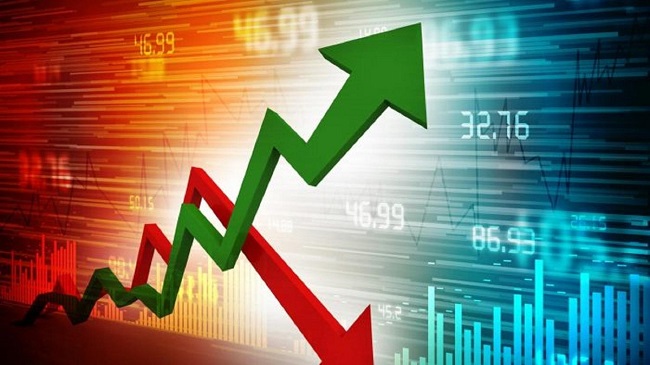- Portfolio investors raise funds by $620m to $1.85bn
Nigeria’s domestic financial market witnessed a significant boost in foreign capital inflow at the start of 2025, as improved returns and investor confidence pushed total inflows to $2.06 billion in January.
This marked a substantial rise from the $1.57 billion recorded in December 2024, according to the latest figures from the Central Bank of Nigeria.
The increase was largely driven by a surge in portfolio investments, as foreign investors sought to capitalize on attractive yields in Nigeria’s money market instruments.
Analysis of the CBN data showed that portfolio inflow rose sharply by $620 million to $1.85 billion, compared to $1.23 billion in the previous month.
Portfolio investment accounted for 89.60 percent of total capital imported, underscoring the dominance of short-term foreign investments in the country’s capital inflow profile.
In contrast, other categories of capital importation saw a decline. Foreign Direct Investment, which typically reflects long-term investment commitments, fell to $0.07 billion from $0.12 billion in December 2024, signaling cautious sentiment among investors regarding long-term economic prospects.
Similarly, ‘other investments’, comprising mainly loans and trade credits, dropped to $0.14 billion from $0.22 billion recorded in the preceding month.
A sectoral breakdown of the capital importation showed that the banking sector remained the leading destination for foreign capital, attracting 45.22 percent of the total inflows.
The financing sector followed closely with 44.32 percent.
The telecommunications sector received 3.86 percent of the total, while the production and manufacturing sector secured 3.01 percent.
Investments in shares and trading accounted for 1.57 percent and 1.43 percent, respectively, while other sectors shared the remaining portion of the capital inflow.
In terms of source countries, the United Kingdom remained Nigeria’s primary source of foreign capital, contributing a significant 65.65 percent of the total inflows.
This was followed by the United States, which accounted for 8.15 percent, the Republic of South Africa with 7.66 percent, and the United Arab Emirates, contributing 7.18 percent.
Other notable contributors included Mauritius (2.87 percent) and Belgium (2.28 percent), while the rest came from various other countries.
Analysis of the destination of capital inflows within Nigeria revealed that the Federal Capital Territory was the largest beneficiary, attracting 62.88 percent of the total inflow.
Lagos State, the commercial hub of the country, followed with a share of 36.59 percent. Other states like Ogun and Kano recorded minimal shares of 0.04 percent and 0.01 percent, respectively, with other destinations accounting for the remaining fraction.
The January data underscores the sustained appetite of foreign investors for Nigeria’s high-yielding financial assets, despite broader global uncertainties.
Analysts attribute the spike in portfolio investments to improved monetary policy measures, relatively stable exchange rates, and attractive interest rates in the domestic money markets.
However, the decline in FDI and ‘other investments’ points to persistent concerns about structural economic challenges, such as infrastructure deficits, policy consistency, and security risks.
Experts have warned that while portfolio inflows provide crucial liquidity to the economy, they are also highly sensitive to external shocks and may reverse quickly in the face of global or domestic instability.

